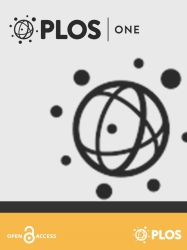Join scholars and practitioners at the
ISTARI.AI Research Partner Workshop 2025 to explore how AI-driven web data analysis is transforming innovation research. Network with fellow scholars from leading institutions and discuss new foundations, methods, and applications of webAI - from technology diffusion to sustainability transitions. View the call for papers
here.
The deadline for paper submission is 24 September 2025. Find more information on the submission requirements as well as the event
here.


.svg)












